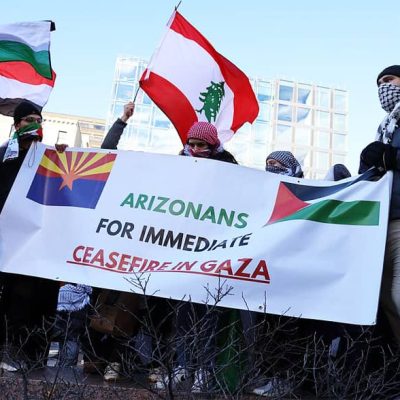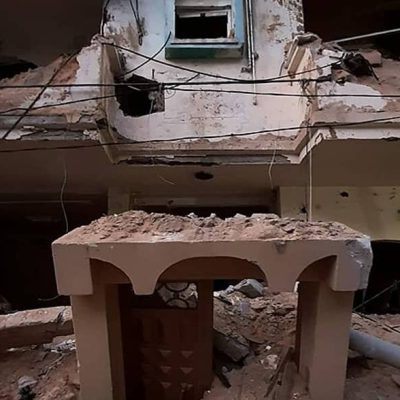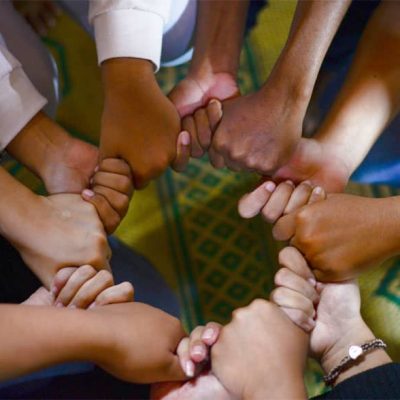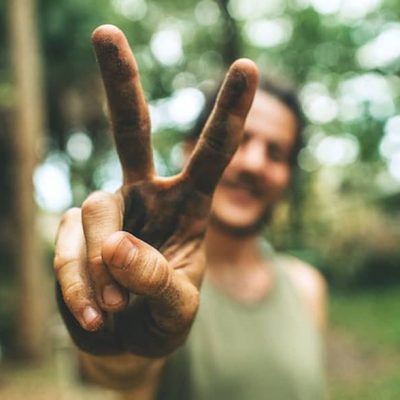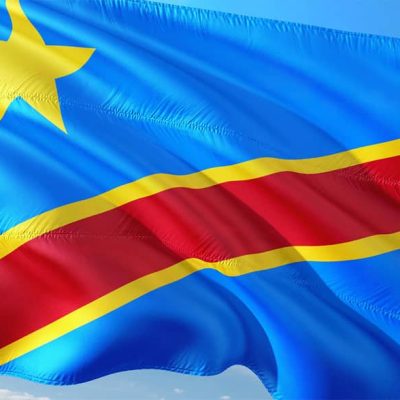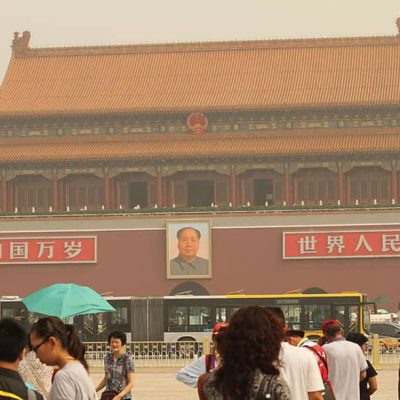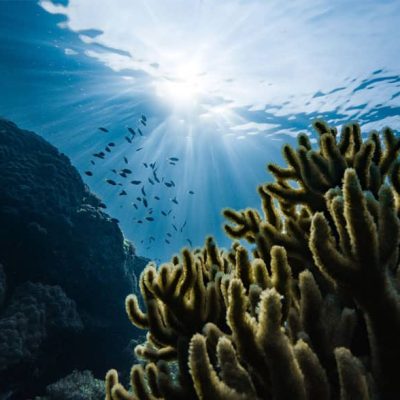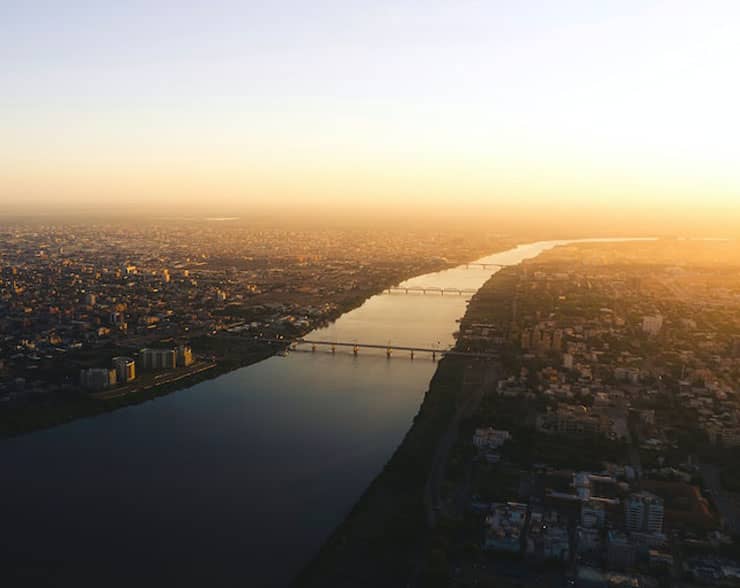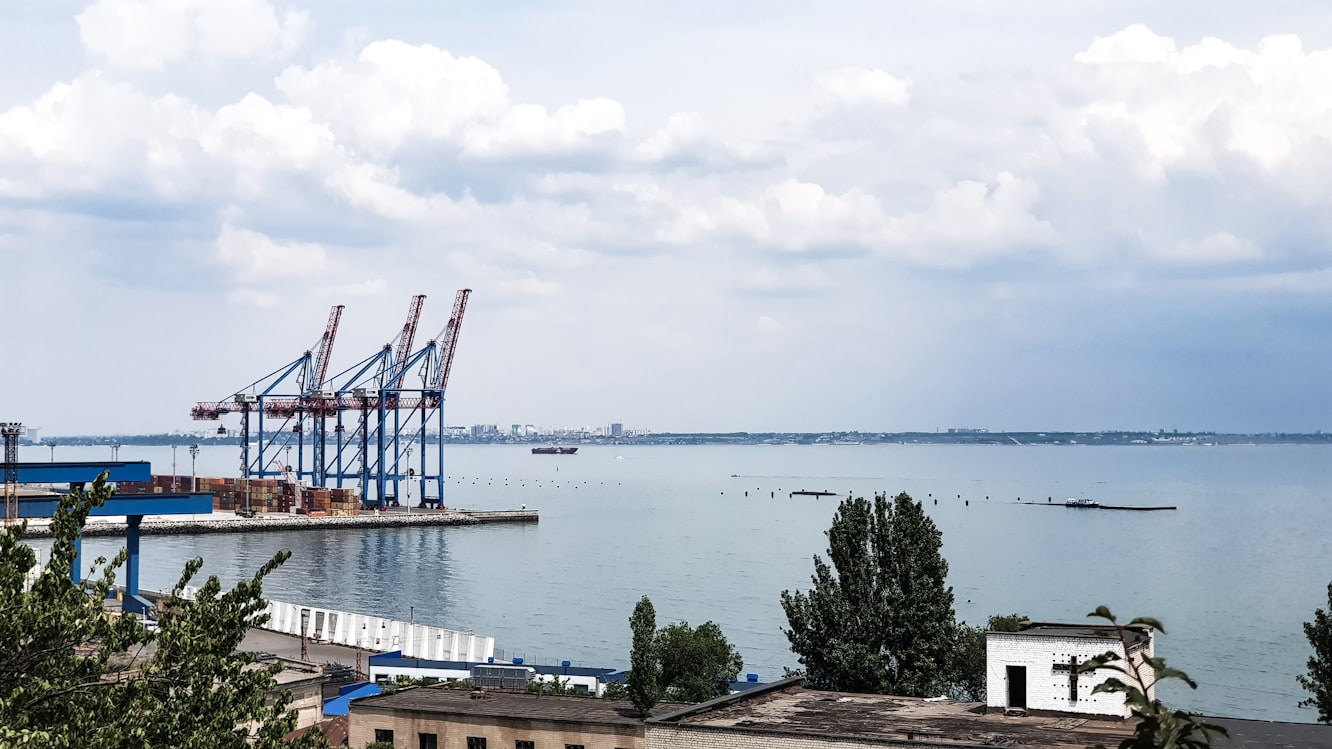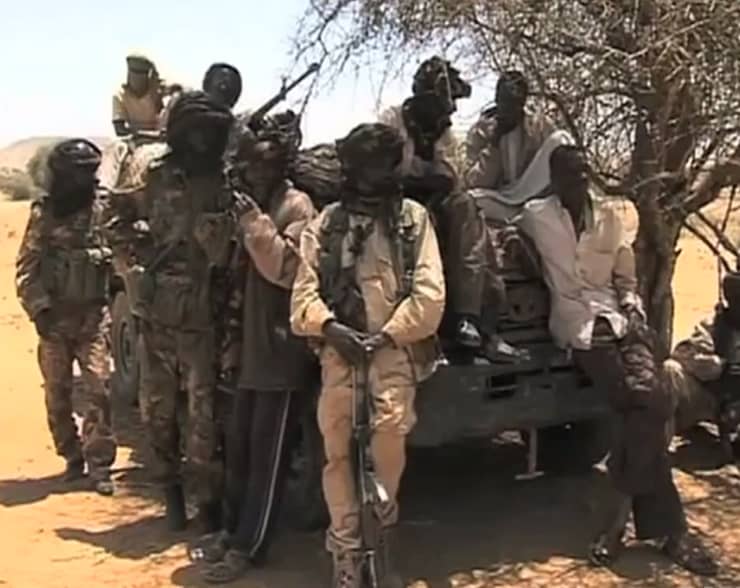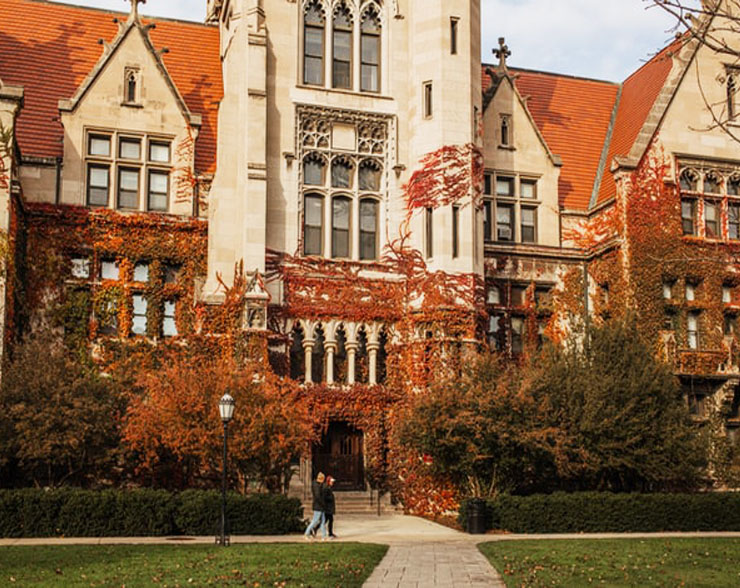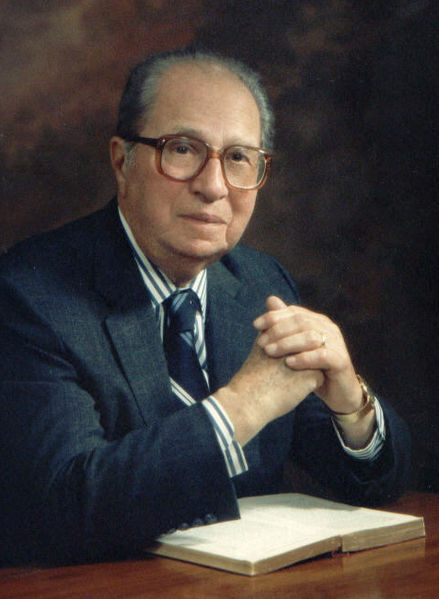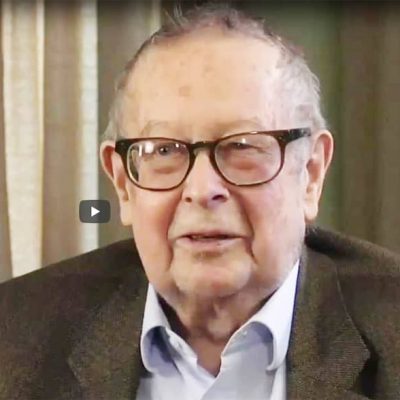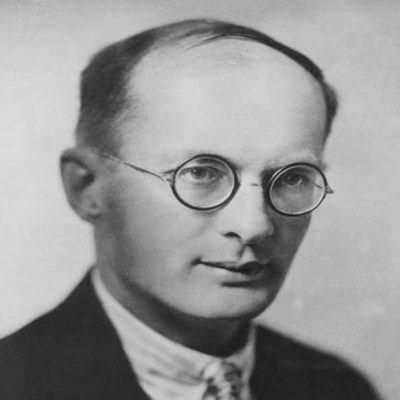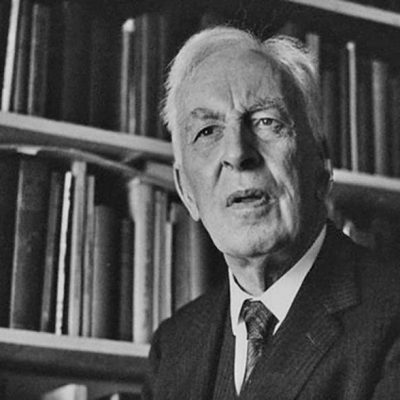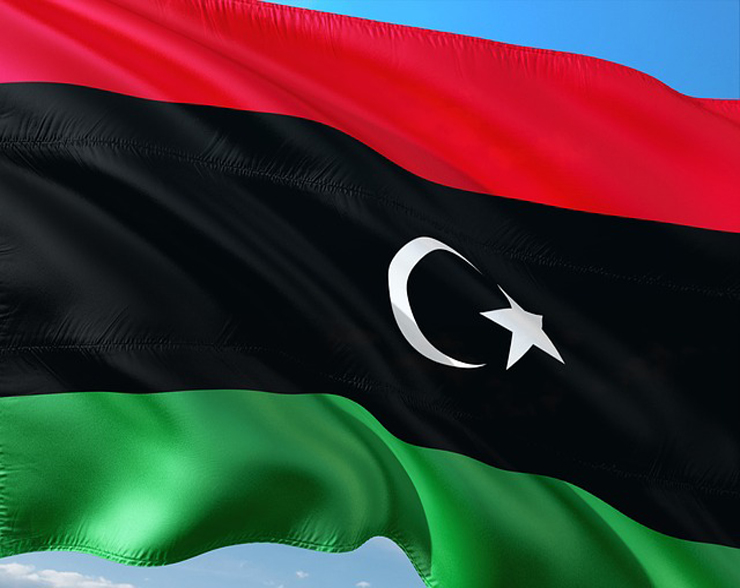 Appeals
Appeals
Peace Planners: Awake!.
Featured Image: Photo by Eddie Kopp, Unsplash.
The recent NATO Summit in Vilnius is an indication that the war planning community is busy at work in the spirit of Von Clausewitz that war is a continuation of politics by other means. Thus there is a need for the peace planning community to be awake and be equally busy. The challenges which humanity faces today: armed violence, persistent poverty, mass migration, and the consequences of climate change, require strong collective action at the local, the national, and the world level.
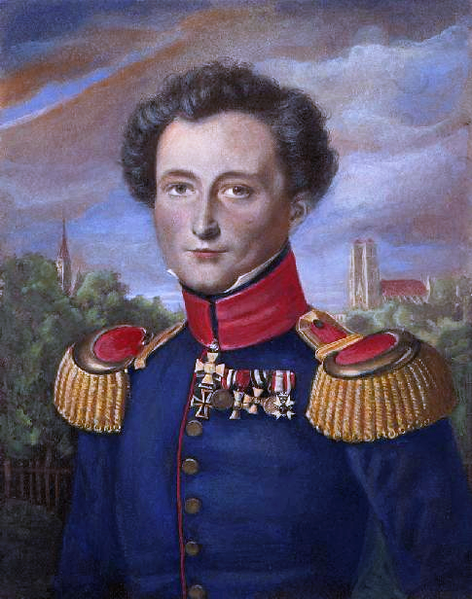
Carl von Clausewitz (1780–1831). By Karl Wilhelm Wach, Public domain, via Wikimedia Commons.
For peace planners, we need to analyse current armed conflicts and the strong tensions which may lead to violence. Sometimes these tensions start as small localized events, such as tensions between military forces on the India-China frontier, but such tensions contain the seeds for later armed violence. The recent trip of the 100 year old Henry Kissinger across the Pacific to discuss with the Chinese Defense Minister Li Shangfu is an indication that tensions in the Indo-Pacific area are being taken seriously.

Chinese Minister of National Defence, General Li Shangfu in Singapore at the Shangri La Dialogue on Sunday, 4th June 2023. By Photographer: Danial Hakim, Attribution, via Wikimedia Commons.
NGOs bring their early warning capacities and problem-solving.
For peace planners, there is a need to stregthen measures for early intervention. Too often intervention by the United Nations or other intergovernmental agencies such as the African Union and the Organization for Security and Cooperation in Europe occurs only once the conflict has become a serious dispute involving violence.
For those of us who are outside of governmental institutions, there is a need to strengthen the capacity of non-governmental organizations (NGO) for peace planning. NGOs on bring their early warning capacities and problem-solving knowleadge to the United Nations and regional intergovernmental organizations. Among NGOs, exchanges of information, the creation of regional or thematic working groups, and co-ordinated information campaigns are vital needs.
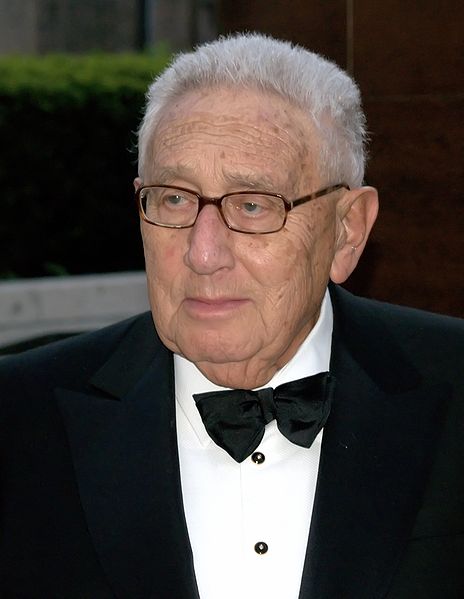
Henry Kissinger at the 2009 premiere of the Metropolitan Opera in New York City. Photographer’s blog post about event and photograph. By David Shankbone, CC BY 3.0 https://creativecommons.org/licenses/by/3.0, via Wikimedia Commons.
Adlai Stevenson.
As soon as well-researched material is available, the issue is to get the information to the right people, at the right time, and in the right wording. Timeliness and clarity of message are crucial. Many governmental decision-makers receive thick reports, jargon-laden faxes, and briefing notes.
The challenge for us who plan for a more peaceful world is to help develop processes for dialogue. As Adlai Stevenson said at the U.N.
“We do not hold the vision of a world without conflict. We do hold the vision of a world without war – and this inevitably requires an alternative system for dealing with conflict.”
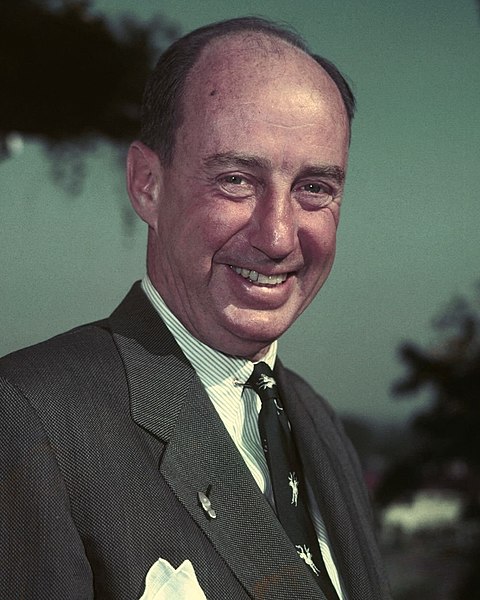
Adlai Stevenson, Democratic candidate for president. Note: Contrast slightly increased from original image (see below) (1956). [1], Public domain, via Wikimedia Commons.
René Wadlow, President, The Association of World Citizens.

President, Association of World Citizens (AWC).
Estudied International relations in The University of Chicago.
Estudied Special Program in European Civilization en Princeton University
Here are other publications that may be of interest to you.
Burma’s Crumbling Junta
February first marked the anniversary of the military coup which overthrew the government of Aung San Suu Kyi in 2021. She was in practice the leader of the government but…
Preventing the Expansion of the Gaza Conflict: Are Peace Brigades a Possibility?
Antony Blinken, the U.S. Secretary of State, has been again in the Middle East working to prevent the violence of the Gaza Strip of spreading to much of the area. …
World Citizens Call for an Inmediate End to Hostilities between Israel and Hamas, and for a Genuine Peacebuilding Effort in the Middle East.
Featured image: The impact of the Israeli bombing on a civilian building in Gaza (2021). By Osama Eid, CC BY-SA 3.0 https://creativecommons.org/licenses/by-sa/3.0, via Wikimedia Commons. The AWC, a Nongovernmental Organization…
World Humanitarian Day: A Need for Common Actions.
Featured Image: Photo by Wylly Suhendra on Unsplash. The United Nations General Assembly has designated 19 August as “World Humanitarian Day” to pay tribute to aid workers in humanitarian service…
Peace Planners: Awake!.
Featured Image: Photo by Eddie Kopp, Unsplash. The recent NATO Summit in Vilnius is an indication that the war planning community is busy at work in the spirit of Von…
Track Two Efforts Needed to Reduce China-India Frontier Tensions.
Featured Image: Arunachal Pradesh – India. Photo by Unexplored Northeast, Unsplash. There has been a constant buildup of military forces by the governments of both India and China along their common frontiers. …
Democratic Republic of Congo: Sky Getting Darker.
Photo by jorono, Pixabay. The armed conflict in the eastern area of the Democratic Republic of Congo (RDC) on the frontier with Rwanda seems to be growing worse and is…
World Refugee Day.
June 20 is the United Nations (UN)-designated World Refugee Day; marking the signing in 1951 of the Convention on Refugees. The condition of refugees and migrants has become a “hot”…
4 June: Memories of Tiananmen Square.
4 June makes the security forces in China somewhat uneasy, especially in Hong Kong where, in the past, there were large memorial meetings tp remind people of 4 June 1989…
International Day of the Oceans.
Featured Image: Photo by Marek Okon, Unsplash. Progress on Asian Maritime Delimitations Needed. 8 June has been designated by the United Nations General Assembly as the International Day of the Oceans to…

